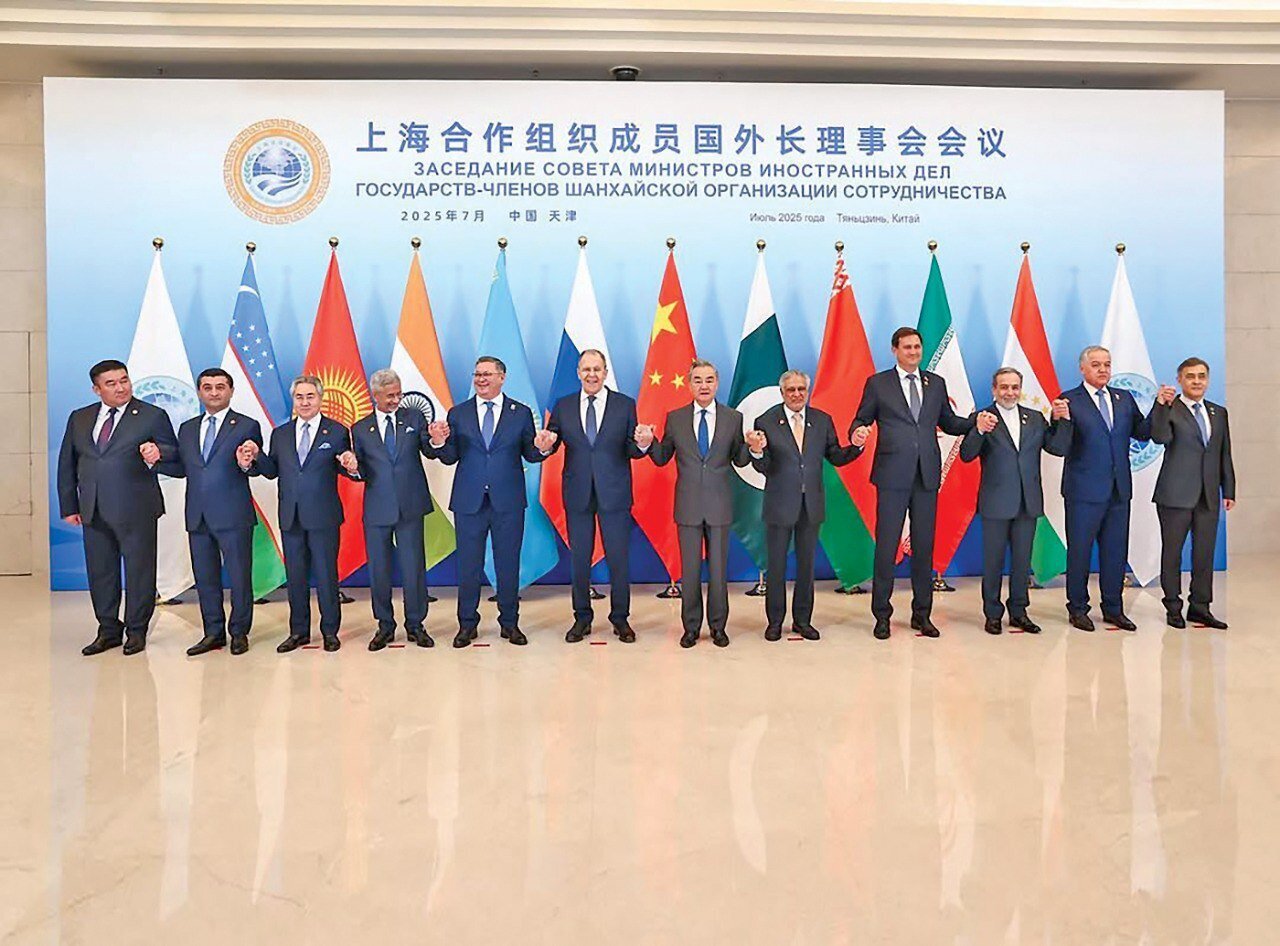Iran in the SCO: Two years on, breaking blockades, busting myths, building cooperation

BEIJING — Two years after formally joining the Shanghai Cooperation Organization (SCO) in July 2023, Iran—the organization's first Middle Eastern member—has found its partnership with the group transformative, both for the nation and for the organization itself.
The process took 13 years to materialize, as in 2010 the SCO introduced a new membership criterion that excluded states under United Nations Security Council (UNSC) sanctions. When UNSC sanctions against Iran were lifted in 2020—following the 2015 Iran nuclear deal and UN Security Council Resolution 2231—this breakthrough transformed long-sought membership into a reality for Iran and a strategic boost for the SCO.
For Iran, joining the SCO as a full member has helped mitigate the effects of years of U.S.-led sanctions. Membership has opened doors for cooperation with other members in politics, security, and technology—most notably in renewable energy. As 2025 marks the SCO's "Year of Sustainable Development," Iran could leverage China's global leadership in solar and wind power to advance its own green goals. Beyond economics, the SCO strengthens Iran's position by countering U.S. pressure and expanding its regional influence.
The SCO, in turn, benefits from Iran's inclusion. It deepens the organization's footprint in the Middle East, a region critical to global security and stability. By embracing Iran, the SCO reinforces its core "Shanghai Spirit": mutual trust, mutual benefit, equality, consultation, respect for diverse civilizations, and the pursuit of common development. This aligns with its mission to foster multilateral economic cooperation and address regional security issues, including counterterrorism.
Yet a persistent question remains: Does Iran's membership signal the rise of an anti-U.S. or anti-Western bloc? The answer is no. The SCO is not a military alliance—China, Russia, and other members have repeatedly emphasized this—and pursuing an anti-Western coalition runs counter to the organization's interests. Instead, Iran's inclusion strengthens the SCO's identity as a platform for sovereign, equal cooperation—a counterweight to hegemony, achieved not through confrontation, but through partnership.
Challenges remain: more members bring greater complexity in coordination and decision-making. Yet the SCO's more than twenty years of experience show that expansion is inevitable. As a platform for upholding international fairness, the SCO is gaining broader global recognition.
Two years on, Iran's SCO journey is less about picking sides and more about building partnerships. For both, the future lies in turning shared interests into tangible progress—proof that multilateralism, when rooted in respect, can overcome even the deepest geopolitical divides.
Shen Shiwei is a founder of the China Briefing newsletter and a non-resident fellow at Zhejiang Normal University. The article reflects the author's opinions and not necessarily the views of the Tehran Times.
